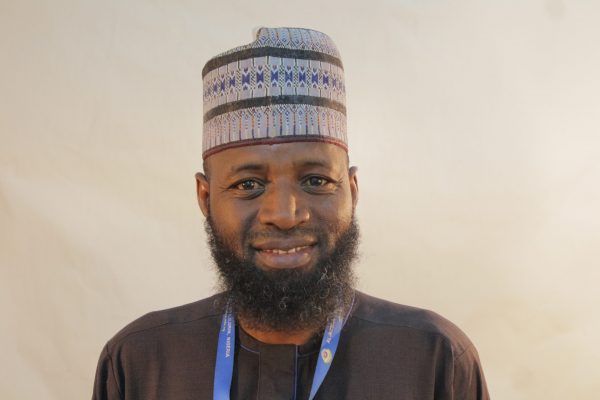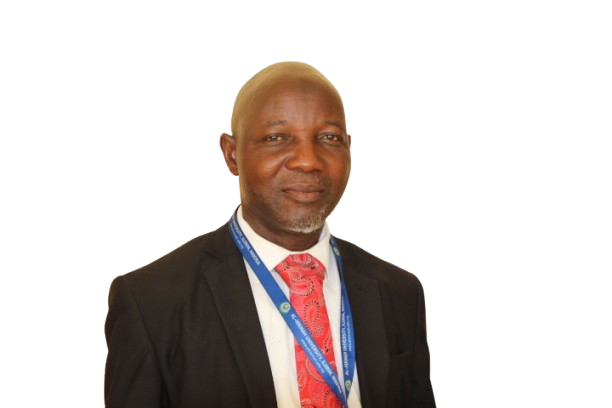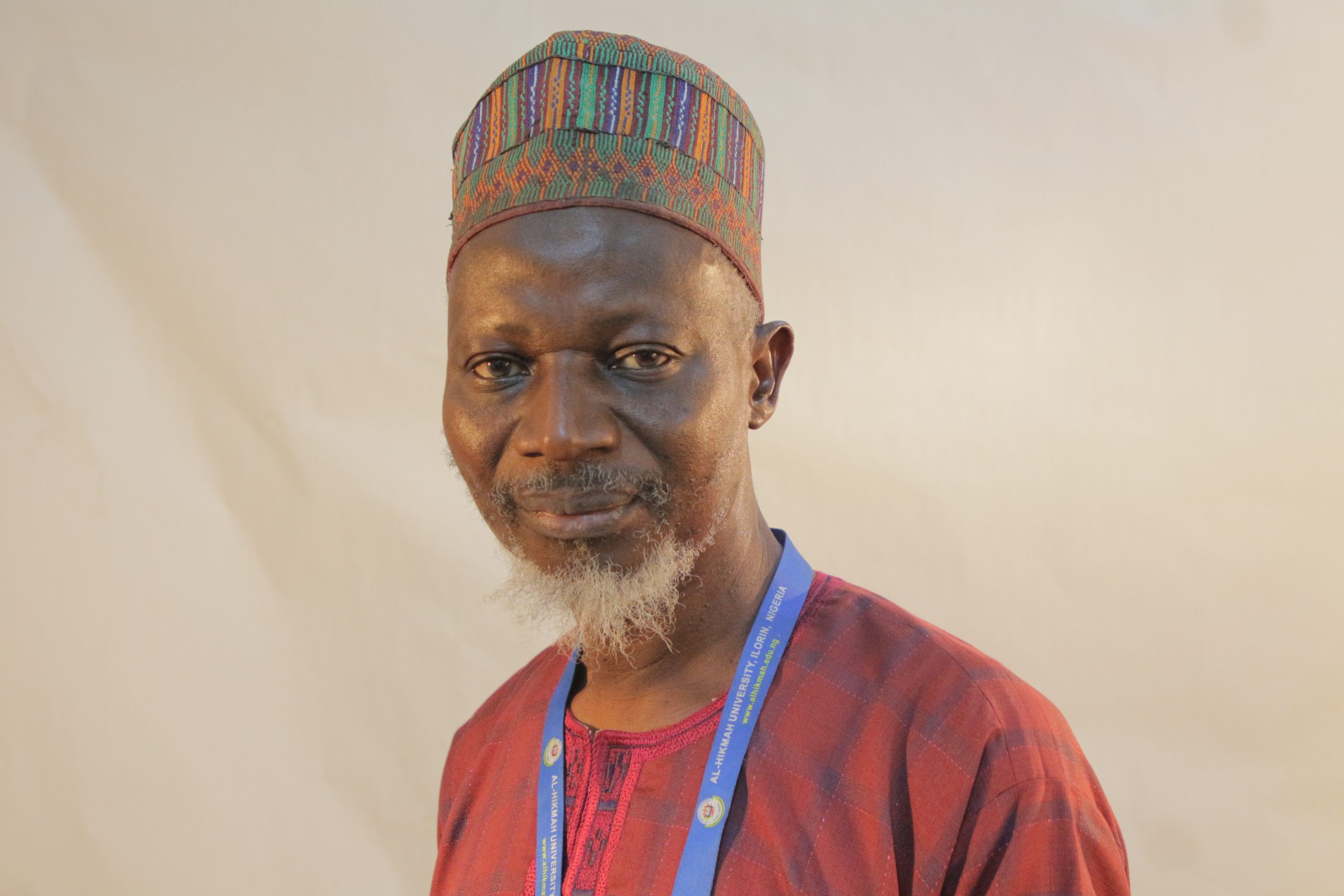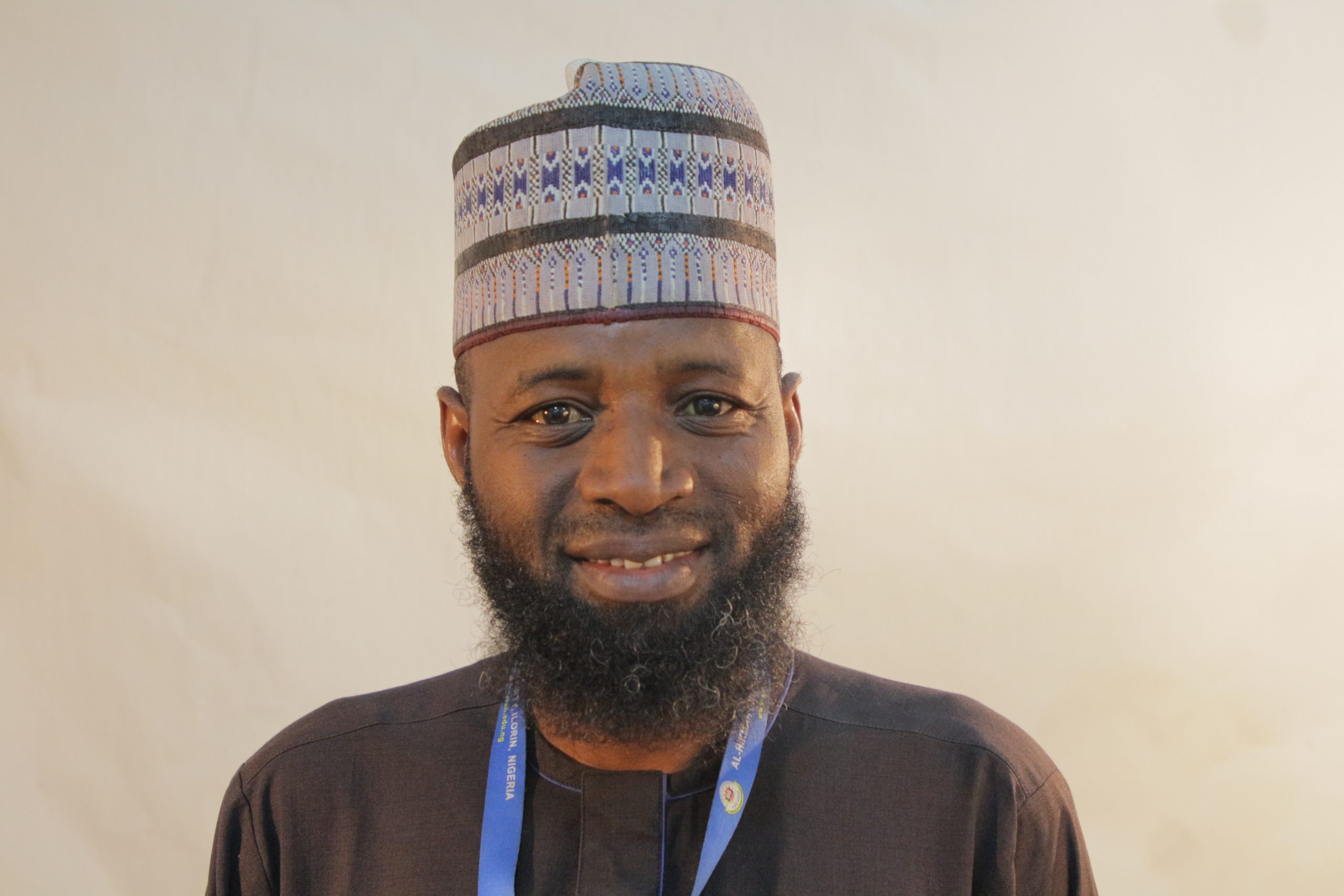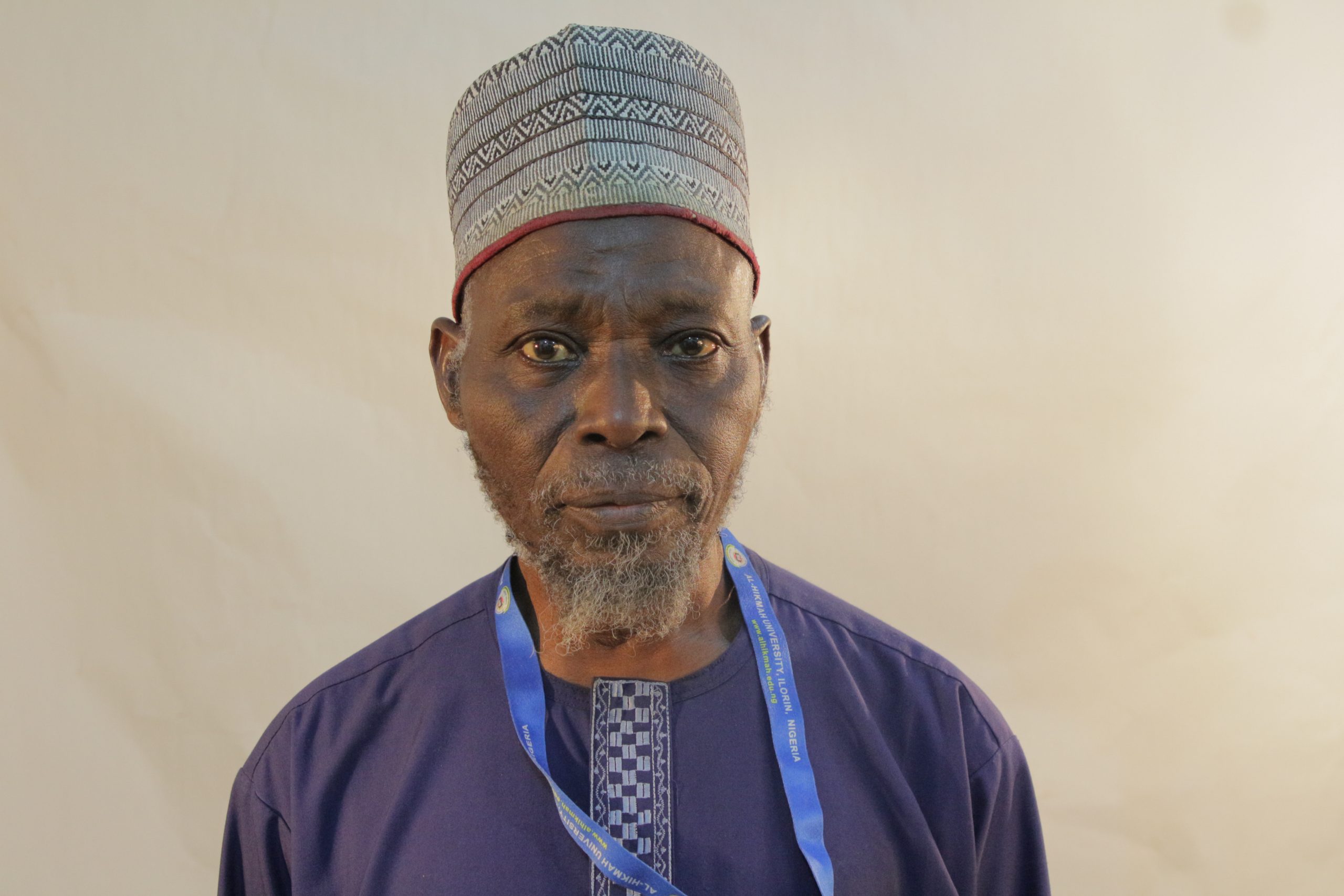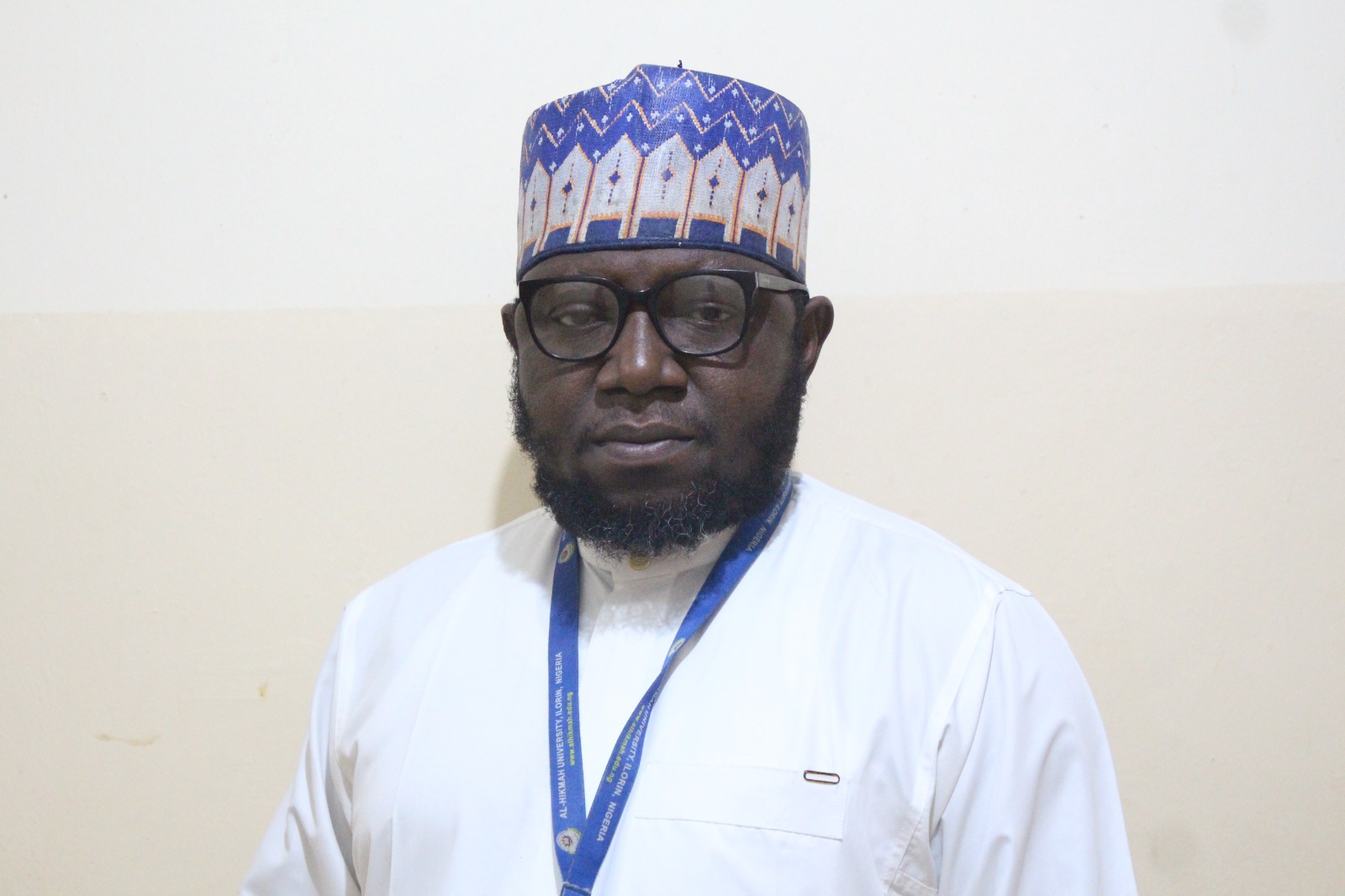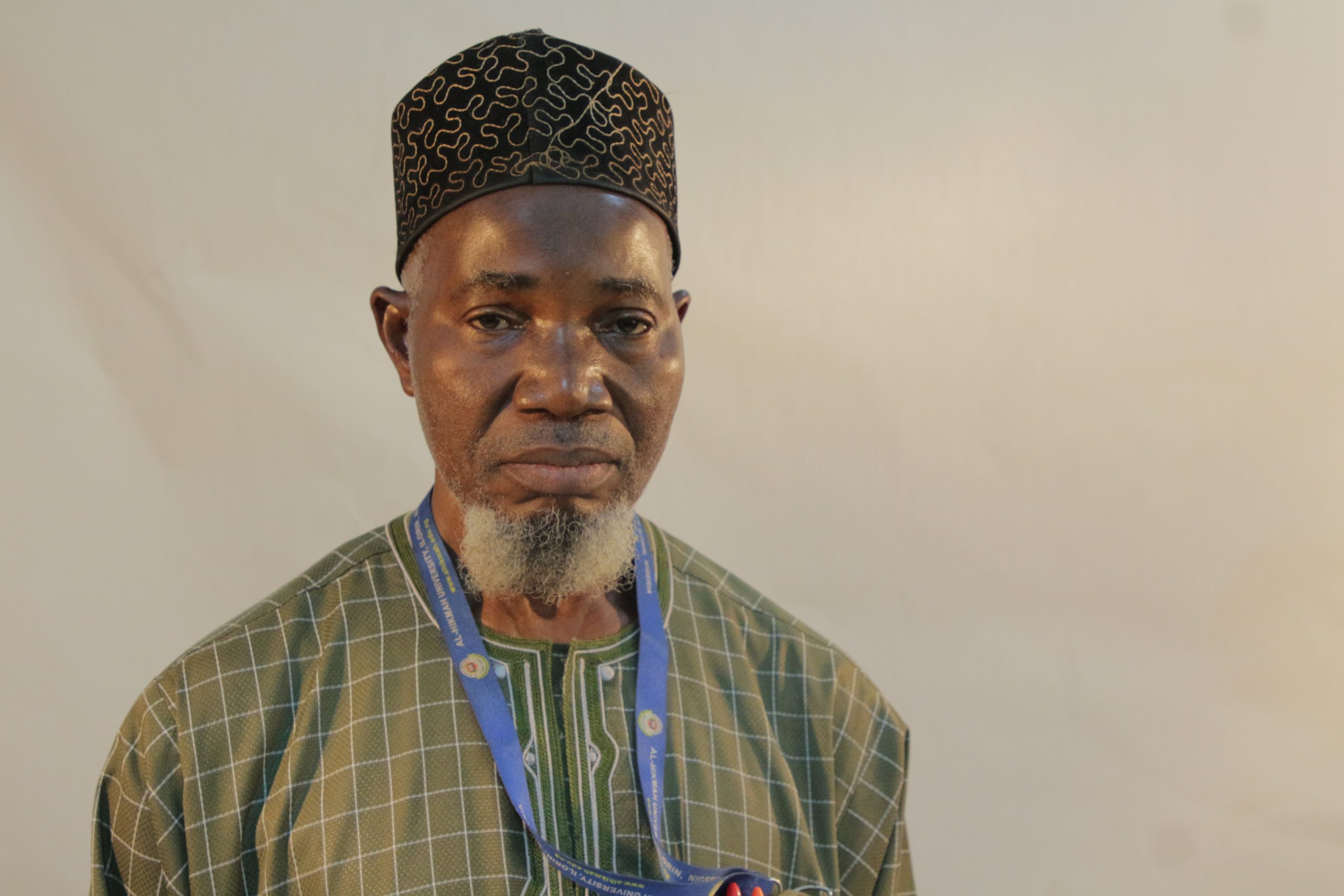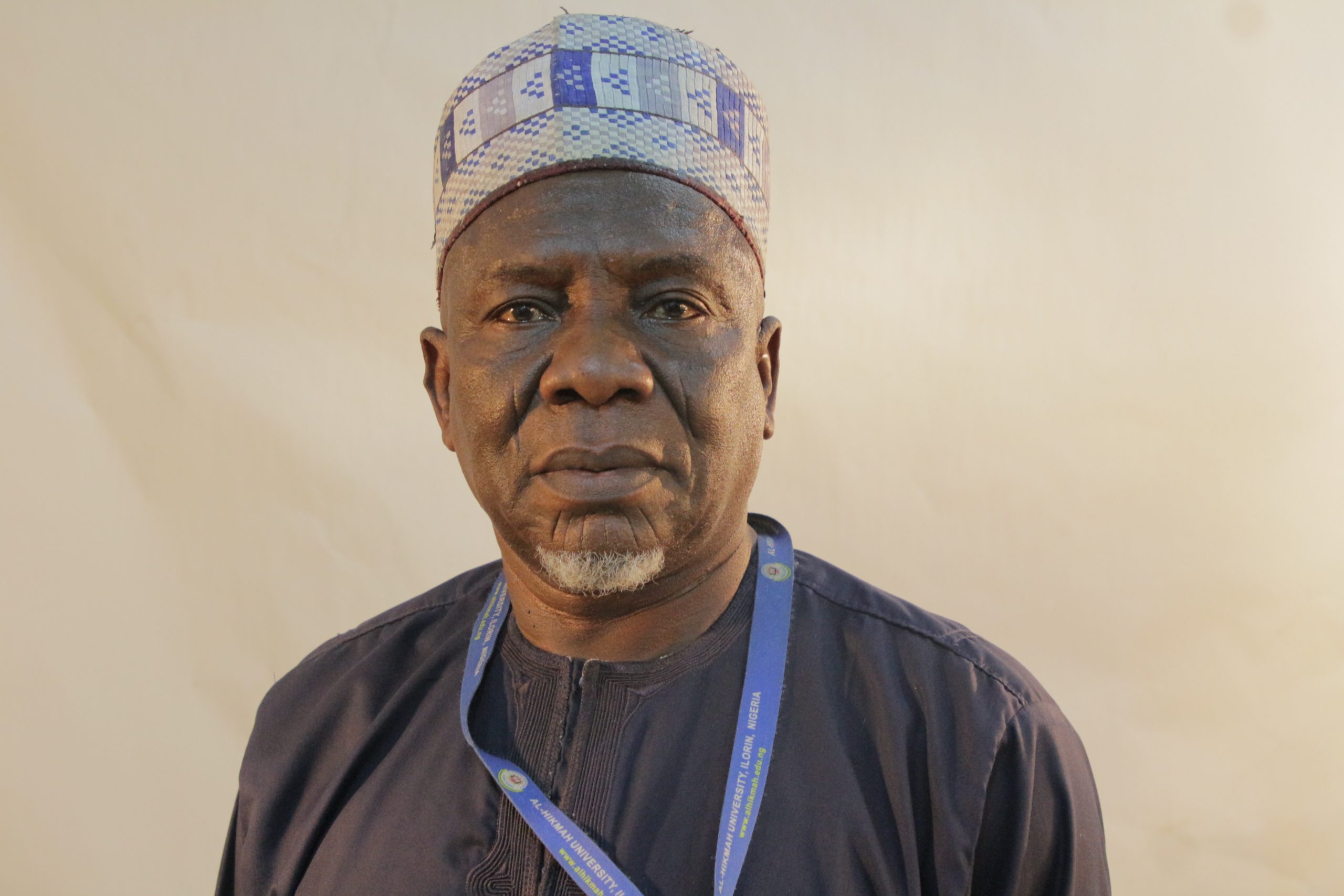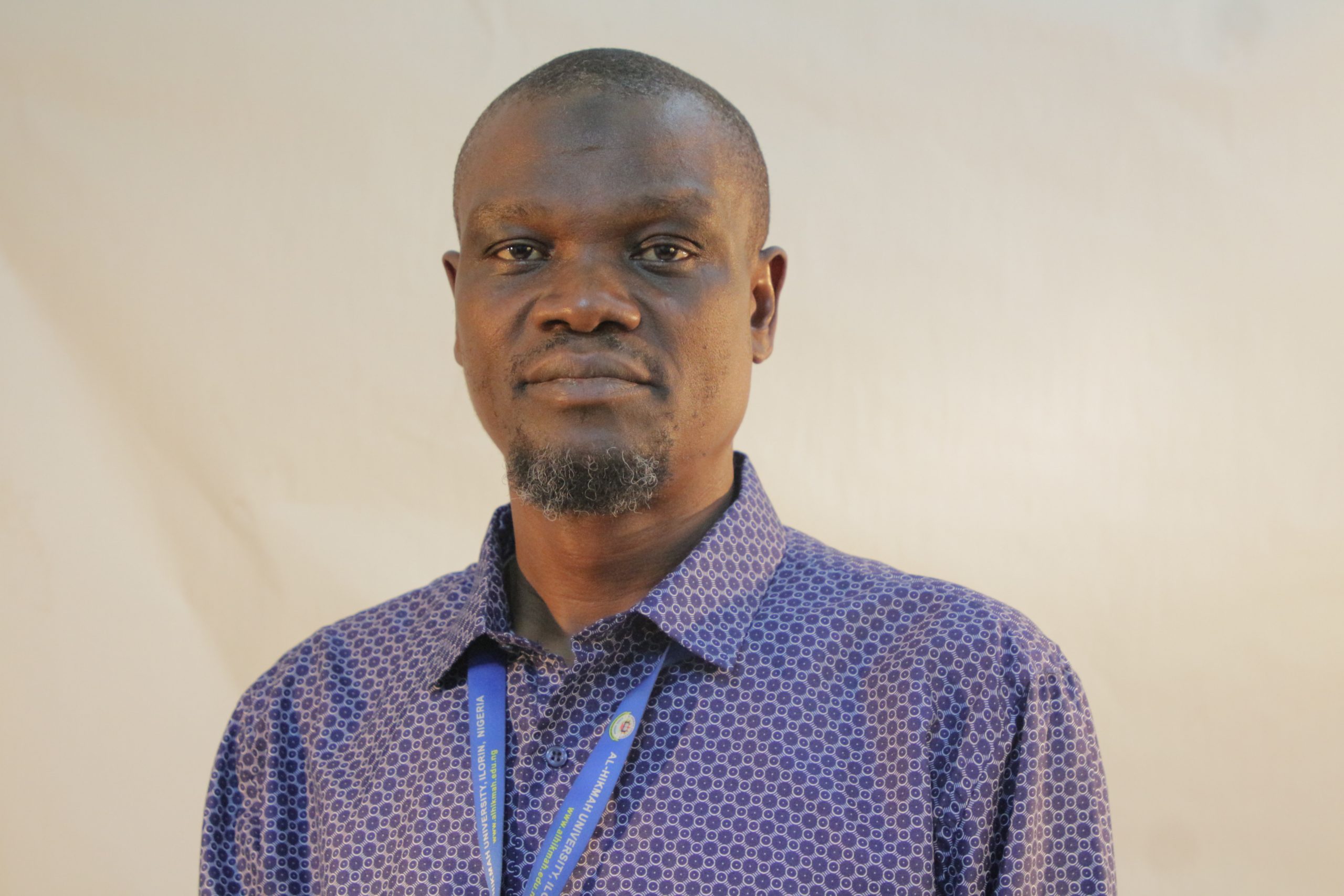HOD’S WELCOME ADDRESS
It is with great pleasure that I welcome you to Department of Languages Webpage. The department took off during the 2005/2006 academic session with a student population of six and academic staff strength of three. The student population increased to eleven during the 2006 to 2007 session and fifty-three by the 2008 to 2009 academic session. At the current session (2016/2017), the student population is thirty-four, while the staff strength is eleven. English programme has two (2) Professors, one (1) Reader, three (3) Senior Lecturers and five (5) lecturers in the rank of Lecturer I. The table below presents a summary of the programme enrolment from 2012/2013 academic session to the current session.
1. 0. INTRODUCTION
English was introduced as an undergraduate programme during the 2005/2006 academic session. It is resident in the Department of Languages, Faculty of the Humanities and Social Sciences, Al-Hikmah University. This current programme, however, leads to the award of M.A. degree in English Language or M.A. in Literature-in -English of Al-Hikmah University, Ilorin, Nigeria. Its contents are designed to assist students to acquire the necessary competencies for higher analytic thinking, make more efficient judgments, and develop more holistically as individuals to enable them contribute more meaningfully to the development of the society through the acquisition of linguistic and critical analytic competencies such that would they exhibit higher proficiency.
2. 0. JUSTIFICATION
English Language or Literature-in-English is one of the recognised courses in higher institutions of learning in the Nigerian education system and those that will teach the subject need to be equipped with necessary teaching skills and knowledge of the contents. Hence, there is the need to provide a platform to train and develop individuals that would take up the teaching of English Language and Literature-in -English in high institutions of learning. This programme is, therefore, designed to essentially train and expose students to advanced knowledge in the English Language and Literature-in-English disciplines. Thus, the English Language or Literature-in-English M.A. programme will satisfy the need for middle level and top management requirements of language/media industry, commerce as well as the public and private sectors of the Nigerian economy. Those trained in the English Language or Literature-in-English postgraduate programme will be contributing to the development of requisite manpower resources in the field of English-in-Literature, language and communication for national re-orientation, economy growth and improved public relations.
3. 0. PHILOSOPHY
The philosophy of the M.A. and Ph.D. programme is to train and develop scholars whose critical inquiries into the use of the English Language as a medium of communication in L2 situations in both regular communication and creative writing would reassert human values, and appreciate the complexity of human motivation and actions. This is against the background of societies (such as those in Africa) where anarchy and chaos threaten the existence of society, and where, as a panacea, writers respond to these in various writings that become the subject of serious study beyond the undergraduate content. The products of these programmes are therefore expected to acquire linguistic and critical analytic competences that would enable them exhibit a higher proficiency in the use of the English Language on a variety of discourse situations, as well as interpret literary works in the English Language.
4. 0. AIMS
By exposing students to advanced knowledge in the English Language and Literature disciplines, the programme aims at producing scholars who would utilize their knowledge of the English Language and Literature in English, for human, national, African and global development. Such products would also be expected to apply their knowledge for the advancement of humanity, highlighting awareness especially through equipping and motivating them for a full and balanced development of their personality and the need for replication and the refinement of the same.
5. 0. OBJECTIVES
The objectives of the programme are that, at the end of the course, the graduates should be able to:
i. acquire linguistic, literary and critical analytic competencies that would enable them exhibit a higher proficiency, beyond the undergraduate level, in the use of English on a varieties of discourse situations, as well as interpret literary works in the English Language;
ii. inquire into the use of the Literature-in-English as a medium of communication in L2 situations in both regular communication and creative writing that would re-assert human values and appreciate the complexity of human motivation and actions;
iii. demonstrate manpower and leadership skills in the areas of English language and Literature-in-English to meet the challenges of English education and usage in modern- day Nigeria and beyond;
iv. demonstrate intellectual competence skills in conducting research in English and literary studies;
v. exhibit analytical and managerial skills necessary for preparing them for challenges of middle and top management positions of the language/media industry, domestic and external affairs;
vi. utilise their knowledge of the English language for human, national, African and global development;
vii. recognise and define problems in English Language and communication, and taking appropriate decisions using scientific techniques;
vii. understand and analyse problems in English Language, public relations, corporate affairs, communication processes, information management and English literary studies.
Available Programmes in Department of Languages

